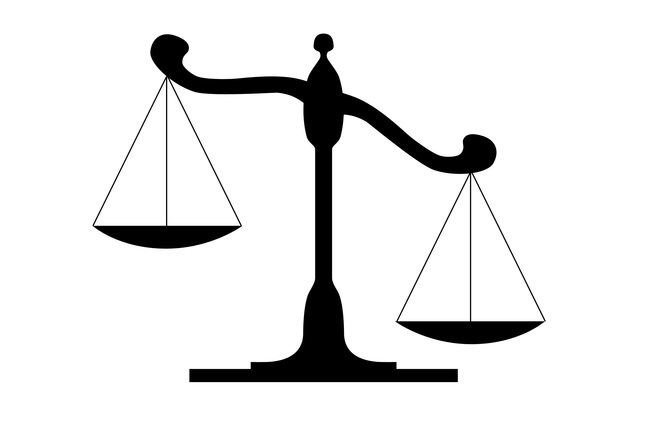
The long patent dispute between domestic pharma company Cipla and multinational pharma major Roche over a lung cancer drug erlotinib hydrochloride, sold under the name of Tarceva came to a standstill after the Division bench of the Delhi High Court on November 27, 2015 finally passed a 106-page judgment against Cipla alleging it for infringing Roche’s patent.
The Division Bench imposed a penalty of Rs. 5,00,000 on Cipla and also remanded the case back to the Single Judge for rendition of Cipla’s accounts for determination of profits from sale of Erlocip (Cipla’s lung cancer medicine). However, the Bench allowed Cipla to continue to sell the product considering that the said patent of Roche is going to expire in March 2016.
Cipla in its plea had urged that while the Patent sought to be enforced was for Polymorphs A+B of the compound, the product under manufacture by both Roche and Cipla was polymorph B, which ought to be assumed to be in the public domain and, hence, the Cipla’s activities were non-infringing in nature. On the other hand, Roche contended that the basic Patent was not confined to any polymorphic form of Erlotinib Hydrochloride and, hence, as long as the compound was present in Cipla’s product Erlocip, it infringes the Patent.
The Division Bench observed that the Single Judge has erroneously compared the products of Roche and Cipla when the court should have mapped the claims of the suit Patent against Cipla’s product.Nevertheless the Single Judge’s finding that ‘Tarceva’ and ‘Erlocip’ were based on the polymorph B version of erlotinib hydrochloride, though correct factually, was irrelevant to the subject matter of the present patent as Cipla clearly infringed Claim 1 of Roche’s IN 774 patent in arriving at the said polymorph.
The recent verdict came on the pleas of Cipla and Roche, both of which had challenged the Single Judge’s Order of September 7, 2012 which held that Cipla was not infringing Roche’s patent and refused to grant any ad interim injunction against it. The Single Judge had also refused to revoke Roche’s Patent on Cipa’s request.
Roche was granted the patent for erlotinib hydrochloride in India on February 23, 2007 and Cipla’sdrug Erlocip using the said patent was launched the very next year.In early 2008, Roche sued Ciplafor patent infringement and requested an injunction. However the interim injunction was refused by the court giving weightage to public interest and need for cheap versions of life saving drugs in India considering the cost of Cipla’s drug is Rs 1,600 per tablet whereas Roche’s drug Tarceva costs about Rs. 4,800 per tablet.
The Roche-Cipla case was the first patent dispute in the country to have been referred for mediation by the court and the outcome was keenly awaited by entire pharmaceutical fraternity. The expected settlement would have set a precedent, with at least 10 similar cases pending on the same drug erlotinib Hydrochloride against other generic drug firms, including Natco Pharma, Dr Reddy’s, Glenmark and Fresenius among others. Unfortunately, the mediator submitted the “failure” report after trying all way outs and discussing various options.
The judgment will have a bearing on 10 similar cases filed by Roche against other generic pharma companies. The judgment upholds the efforts by the multinational pharma majors who exhaust their money and energy in inventing patentable drugs and is a positive sign for Indian IP enforcement regime which has been often alleged to be weak and favouring its generic companies.
However, we must remember that India being a developing nation requires low cost remedies for harmful diseases. Generic companies in India provide cheap versions of life savingdrugs and orders like this may prove discouraging to them. Only time will tell the future of these generic drug makers which often comes under the scrutiny of the authorities for copying inventions of the multinational pharma companies.



